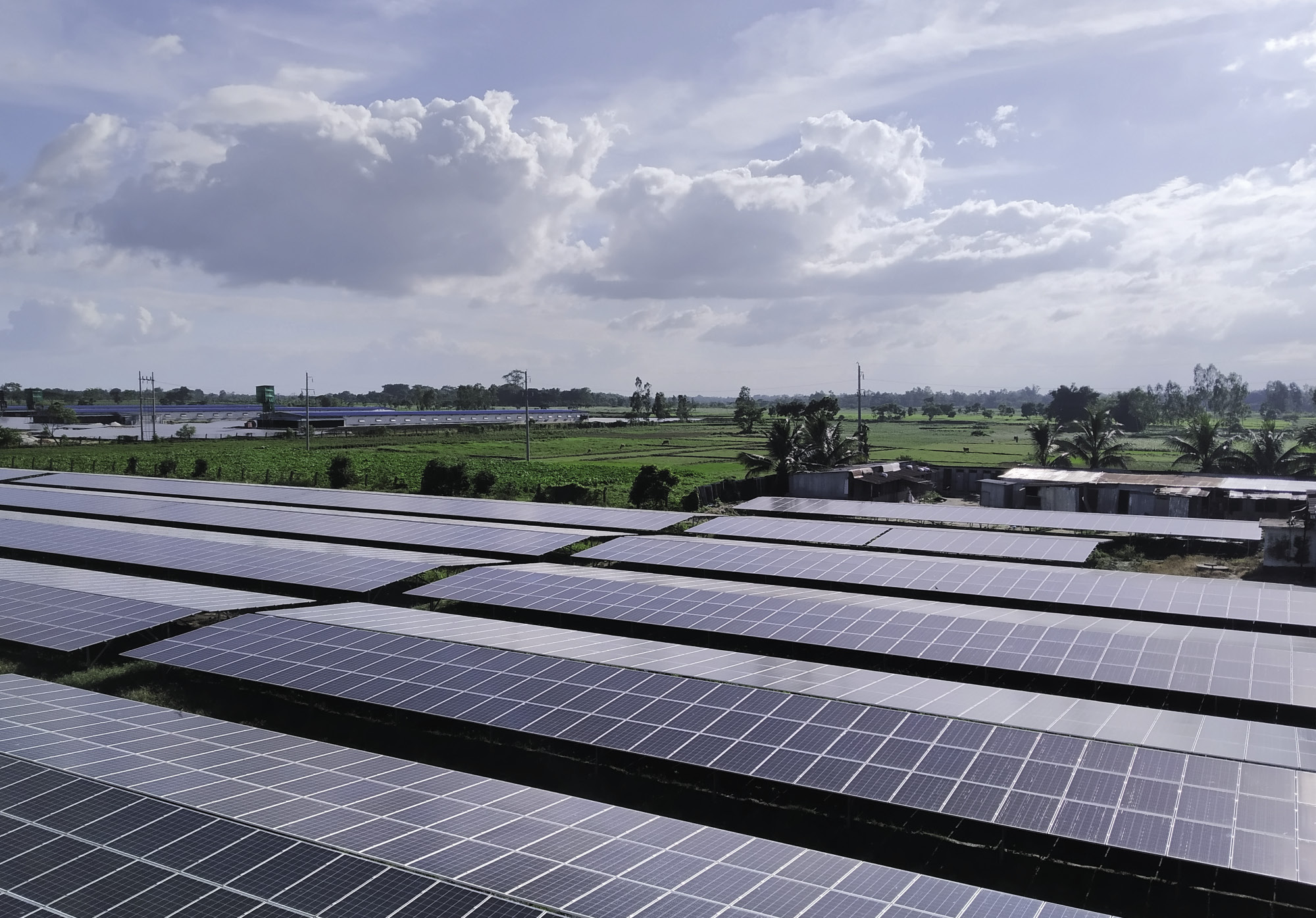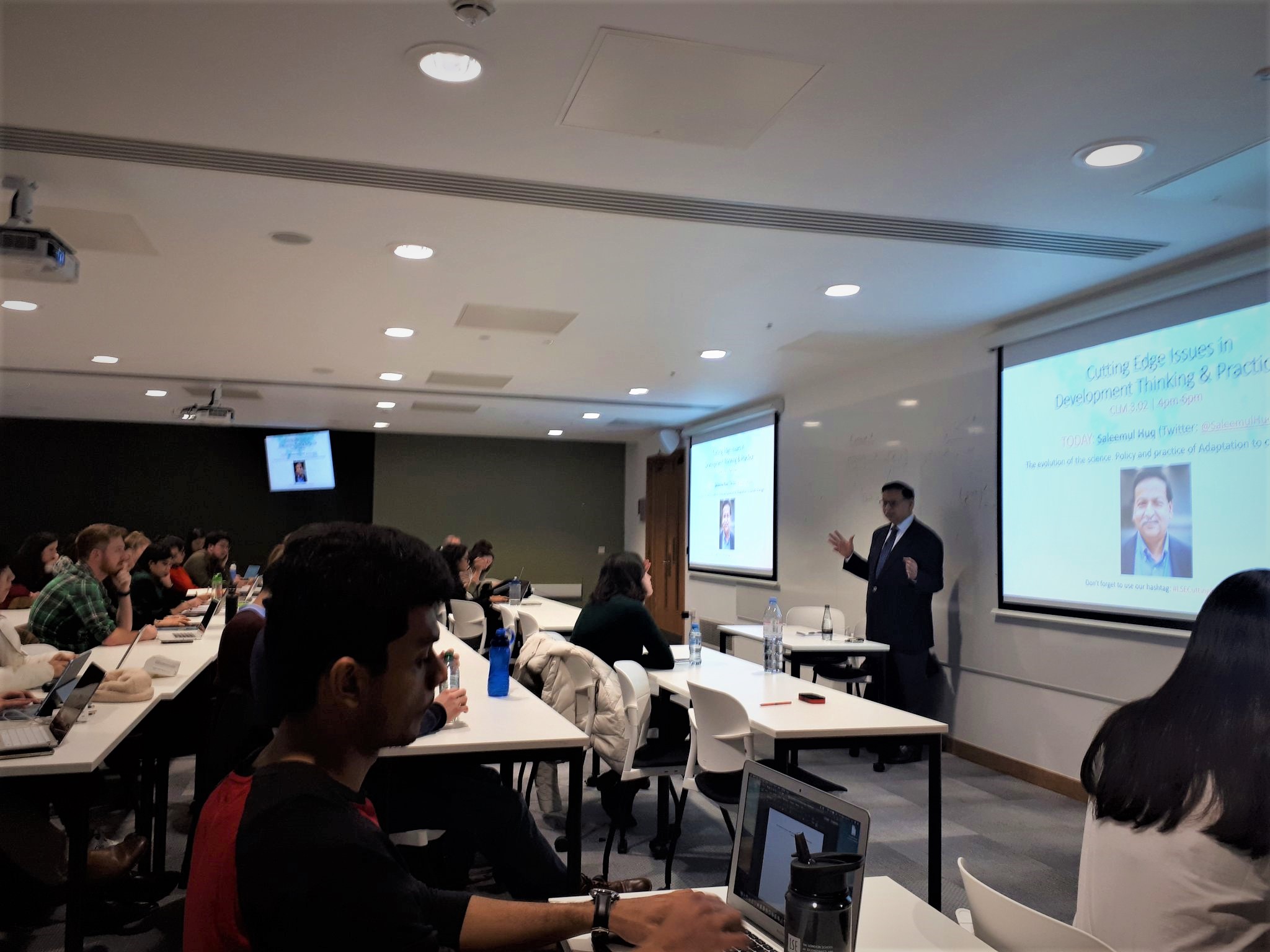MSc Development Studies candidate, Antonio Ruggiero argues that there can be lucrative gains in environmental preservation in the framework of neoliberalism, if natural capital is framed as the end and not the means to achieve economic growth.
Since the inception of capital activity , economic value has been generally interpreted as the conversion of natural capital into produced capital. However, in the face of severe climatic abnormalities, recent policy discourses attempted to discern value from natural capital as a stand-alone concept. Natural capital consists of elements of nature that directly or indirectly produce value or benefit to people (e.g., ecosystems, rivers). The purpose of this article is to evaluate the role of natural capital in contributing to economic development, along with associated challenges. It will explore whether alignment of natural capital conservation with capitalist interests within the framework of neoliberalism can exist. The conclusion is that it can, although the condition must be that natural capital is framed as the end, while neoliberal forces as the means to preserve it.
To ensure sustainable development, not only must total wealth be maintained constant across time, also its composition (i.e., economic, natural, and human) should remain fairly stable. Recent policy efforts recognized the role of natural capital in the composition of a country’s wealth, such as Kuwait ́s Sovereign Wealth Fund (SWF). The fund size is approximately 500 billion USD. The government extracted 10% out of tax revenue and pays it into the fund each year. A depletion value benchmark was set to ensure that the present extraction of non-renewable resources did not compromise future generations. However, evaluation programmes demonstrated that 10% was not enough and that a 25% rule should have been adopted instead. The Kuwait’s initiative only offers a glimpse into how natural capital can be utilized to design economic development strategies. The fund was a helpful tool to visualize and ensure the preservation of wealth in the long run. Yet it recognized natural capital for its instrumental value only (i.e., proceeds from the extraction of oil). Instead, it is vital to appreciate other domains of nature’s value if its contribution to economic development is to be assessed in a more significant way. Pascual et al. (2017) explain that contemporary policy discourses emphasise value monism, that is, a unidimensional approach to nature valuation that emphasises either the instrumental or the intrinsic value of nature. While the former entails that nature represents the means to achieve human ends, the latter regards values intrinsic to nature. The authors add that the relational value of nature should also be recognized, arguing for a pluralistic approach. The relational domain refers to values of nature that do not directly emanate from it but from human relationships with and responsibility toward it.
A riveting case study that exemplifies such value re-conceptualizations is the Yasuní- ITT initiative in Ecuador. The initiative ensured that reserves of oil lying underneath the Yasuní National Park in the Amazon Forest were preserved, and that Ecuador was compensated for it. The programme was a quantification exercise: experts calculated the market value for extractable oil and stored Co2 emissions with respect to the same national park’s reserves. As the results were very similar (6.979 billion USD and 7.188 billion USD respectively), the monetary value of the park’s oil reserves was expressed in terms of stored carbon dioxide, rather extractable oil. This way, the high unpredictability of global oil prices was also avoided. Subsequently, the Ecuadorian government issued bonds, i.e., Yasuní Guaranty Certificates, fixing one bond release to one metric ton of Co2. Such bonds signified emission prevention through the non-exploitation of fossil fuels. They were given out to anyone in the world who made a payment to the trust fund; they were purchased as gifts, souvenir compensations, entitlements, etc. Such a diversity of reasons behind that purchase of bonds are indicative of the relational value of nature the initiative enabled. Indeed, purchasing the bond was conceived as an act of protection and responsibility toward nature. Also, it is noteworthy that the initiative was possible because of the institution of the European carbon trading market, which provided carbon emission reduction price references. This shows that it was the money-making nature of neoliberalism that enabled the preservation of natural capital. In other words, attaching a price to avoided carbon dioxide emissions symbolized a sheer neoliberal manifestation that extolled environmental preservation in its multi-faceted conceptualization, while extracting monetary value from it.
A neoliberal modus operandi can thus turn out beneficial in the context of climate change. Abnormal climate disruptions can be the prime driver of fixing market failures, such as improving incentives for multi-lateral innovation. The rise of the European carbon trading market is a perfect example. However, there can be challenges with deploying a market lens only. Firstly, most national accounts, including the UN System of National Accounts (SNA), have only included the commercial component of natural resources (e.g., commercial land), omitting non-commercial ones (e.g., forests). For example, in Thailand, there was considerable mangrove deforestation to accommodate shrimp farm expansion. Such policies were designed without considering the value of the ecological services that such mangroves provided. Indeed, an extended cost benefit analysis, also including water pollution and severe land degradation caused by deforestation, showed that net present value of local uses of mangrove forests (e.g., fishing) was much higher than economic returns to shrimp farming. This is because ecosystems (i.e., breeding and nursery habitats) can be key inputs in the production of other goods that are themselves marketed, e.g., fishery. Also, storm protection by mangroves can also reduce expected future storm damage. This example demonstrates that poor evaluation efforts are recurrent. Whether because of inability or unwillingness, policymakers fall into this “ideological” trap of framing natural capital as the means to achieve neoliberal objectives, often achieving suboptimal results. Consequently, they are unable to spot new profit-making opportunities around environmental preservation.
Generally, government intervention that capitalize on natural capital has been limited. Efforts are often confined to regulating prices through environmental taxation and/or subsidies. Some authors even advocated for degrowth strategies that aim at reducing GDP. However, the relationship between economic development and natural capital is neither constant nor in any way automatic. Indeed, this strategy is likely to generate rebound effects: curbing GDP growth stifles investment, also for environmentally friendly initiatives. A neoliberal framework can thus be the prime challenge to sustainable growth if not framed correctly vis-à-vis natural capital. While tools, such as price regulations, are important, they should not be over-relied upon. This can be achieved by framing natural capital as the end, and neoliberal market innovations as the means to preserve it. Indeed, it is the framing of goals that informs the definitions of problems and solutions.
The purpose of this article was to evaluate the role of natural capital in economic development through the lens of neoliberalism. It argues that there can be (lucrative) gains in environmental preservation in the framework of neoliberalism, if natural capital is framed as the end and not the means to achieve economic growth. A sole focus on the latter leads to palliative, often sub-optimal, attempts to drive growth. Governments must ensure that incentives are created and successively protected via, say, patents to maximize environmentally oriented growth opportunities.
The views expressed in this post are those of the author and do not reflect those of the International Development LSE blog or the London School of Economics and Political Science.
Featured image: Tehri, India, Uttarakhand. Rachit Chaudhary (@rachitchaudhary) via UnSplash.





